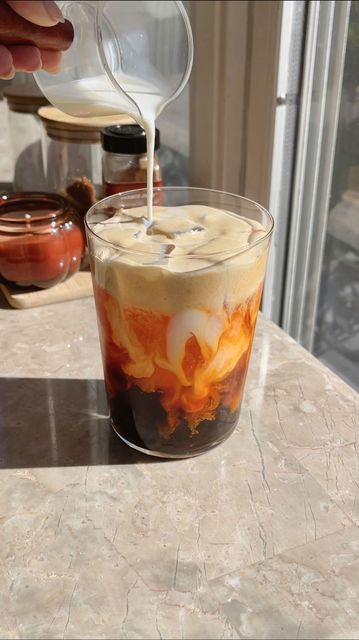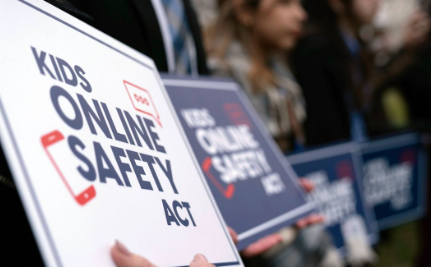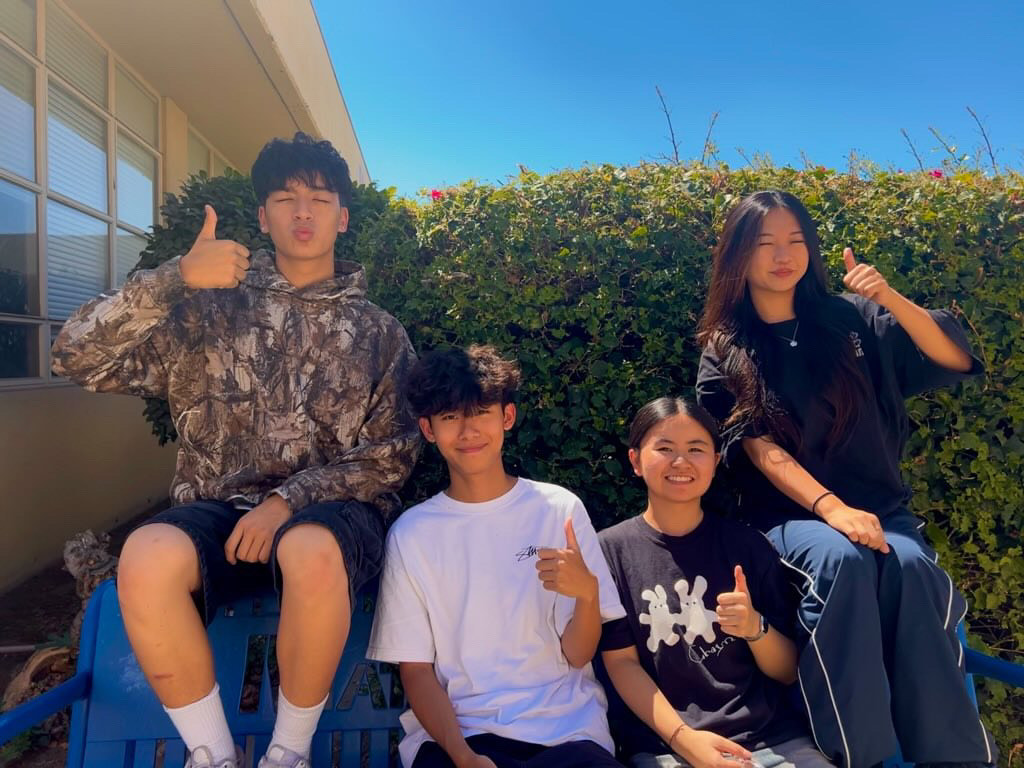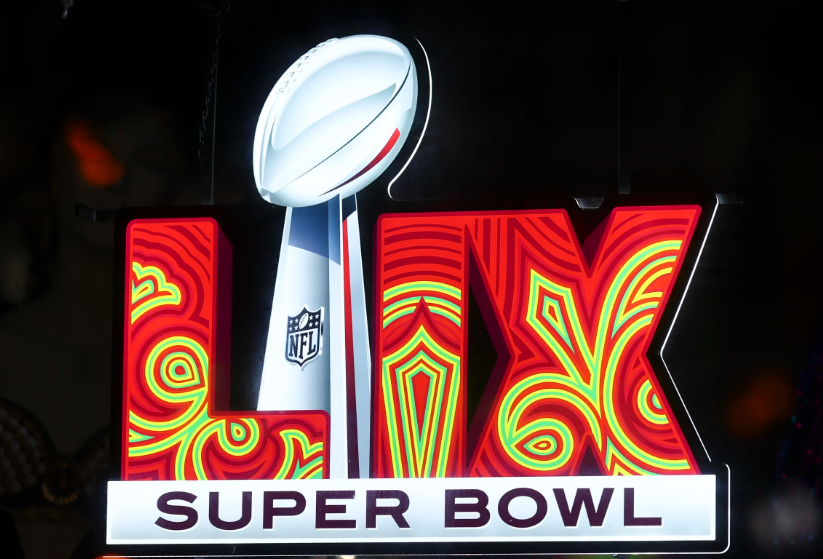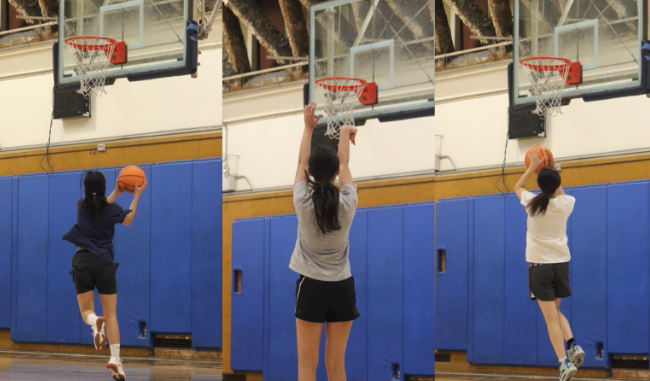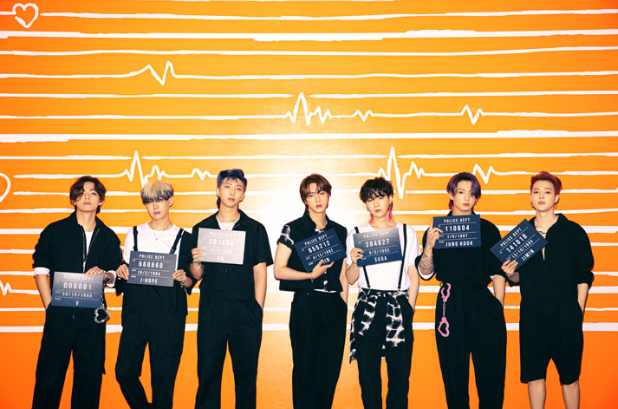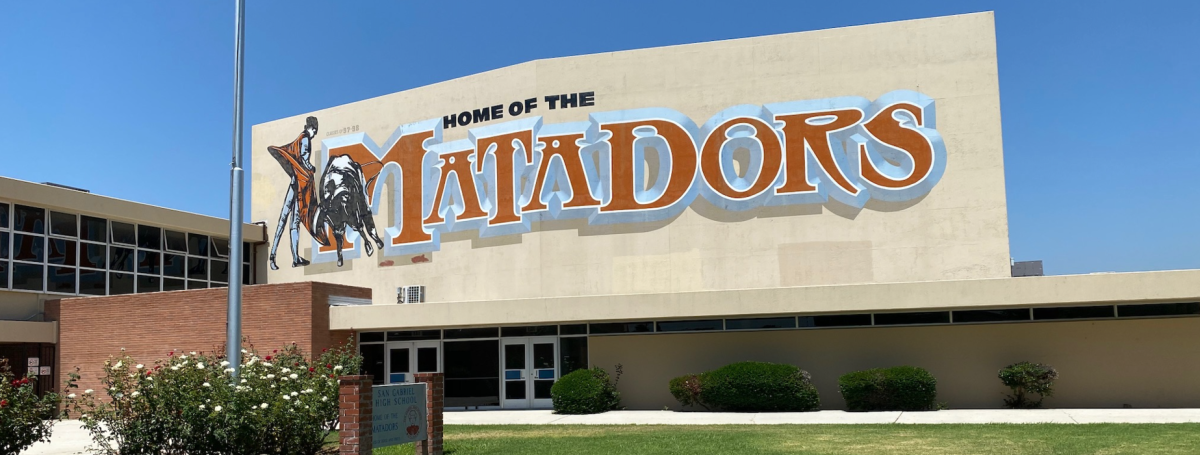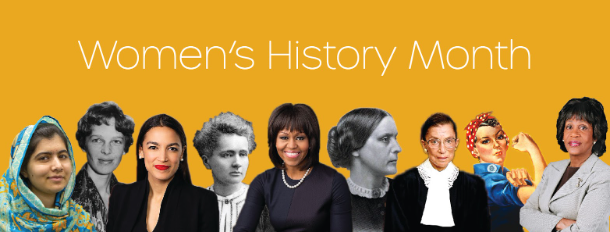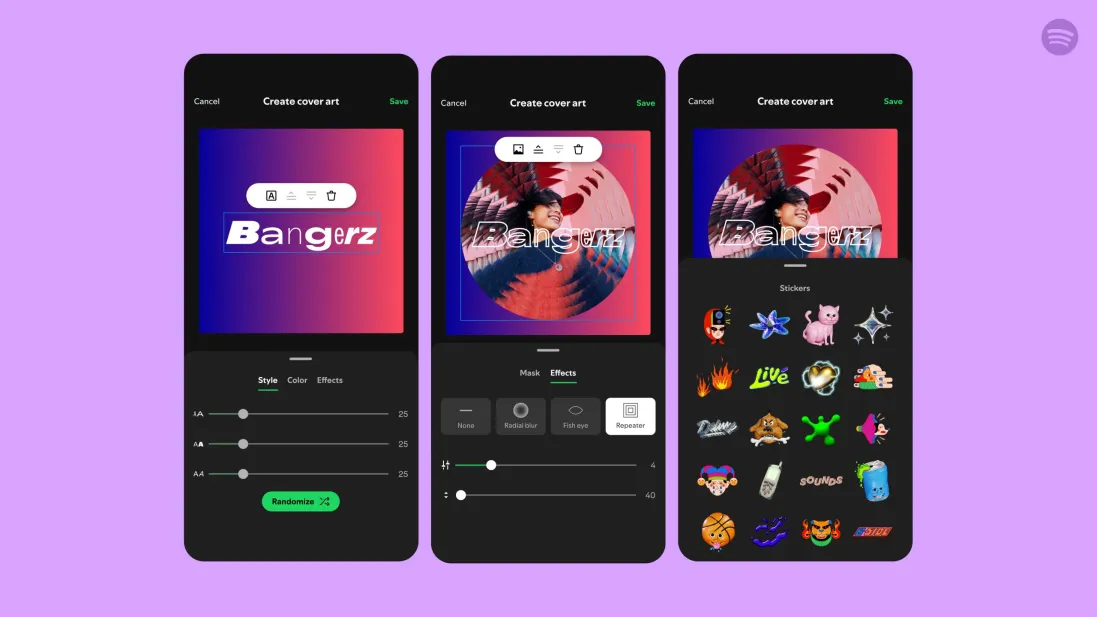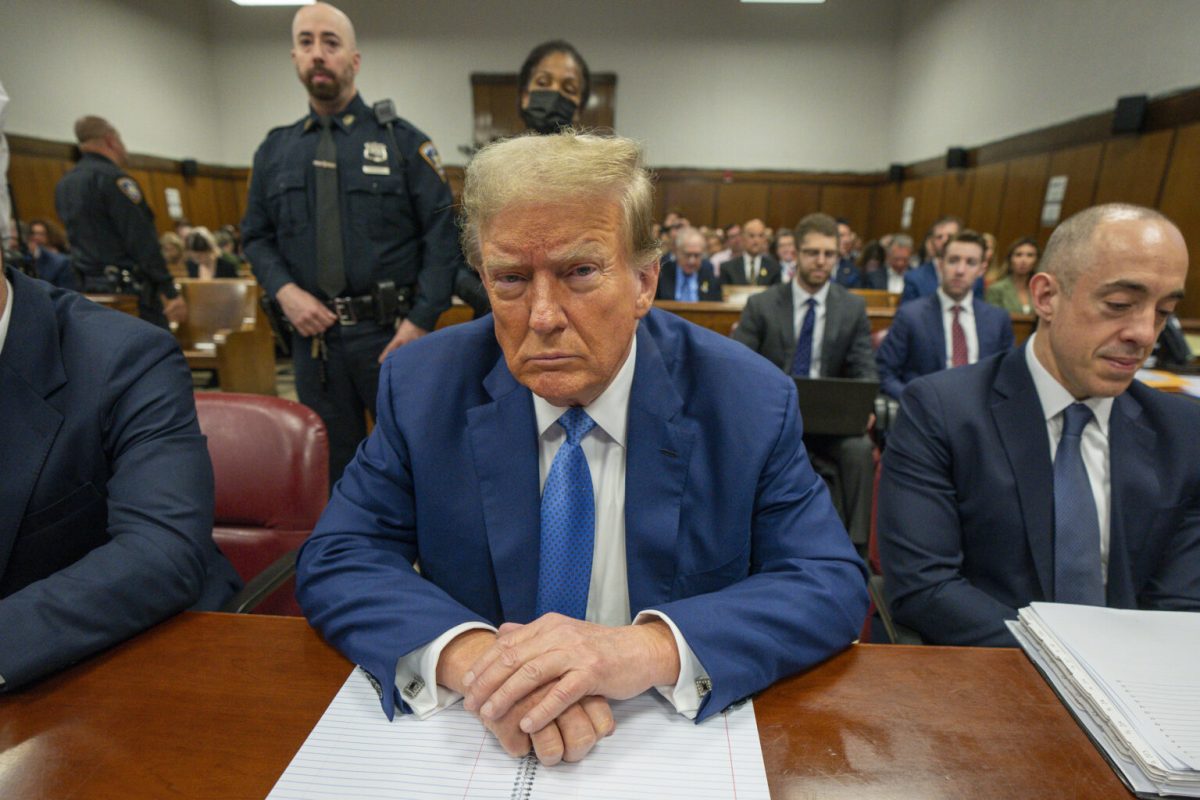In a significant legal development, former President Donald Trump has lost his bid to delay sentencing in the hush-money case involving payments made to adult film actress Stormy Daniels. The New York state appeals court rejected Trump’s request to postpone his January 10 sentencing, citing his claims of presidential immunity and the demands of his impending January 20 inauguration as insufficient grounds.
The case, which has drawn national attention, stems from a $130,000 payment made to Daniels during the 2016 presidential campaign to suppress allegations of an affair, which Trump denies. Trump was convicted in May 2024 on 34 felony counts of falsifying business records to conceal the payment. The ruling is historically unprecedented, making Trump the first U.S. president—sitting or former—to be criminally convicted.
Justice Juan Merchan, who presided over the trial, indicated he would likely impose an “unconditional discharge,” a sentence that carries no jail time, fines, or probation. Trump’s legal team argued that such proceedings should not continue while appeals were pending. However, Justice Merchan countered this claim, noting that the case pertains to personal conduct rather than presidential duties. “Presidential immunity violations cannot be ignored in favor of a rushed pre-inauguration sentencing,” Trump’s attorneys wrote, though their argument was ultimately dismissed.
Justice Ellen Gesmer, who presided over the emergency motion, questioned the validity of extending immunity to a president-elect. “Do you have any support for the notion that presidential immunity extends to a president-elect?” she asked. Trump’s attorney admitted, “There has never been a case like this before.”
Prosecutors argued that justice should not be delayed, emphasizing the need for finality in criminal proceedings. “The balance of equities weighs heavily in the People’s favor given the strong public interest in prompt prosecution and the finality of criminal proceedings,” stated the Manhattan District Attorney’s office.
This case underscores the legal and political complexities Trump faces as he prepares to return to the White House. While his defense team has vowed to continue appealing the conviction, this ruling reinforces the principle that no individual is above the law, even amid unprecedented circumstances involving a president-elect.
